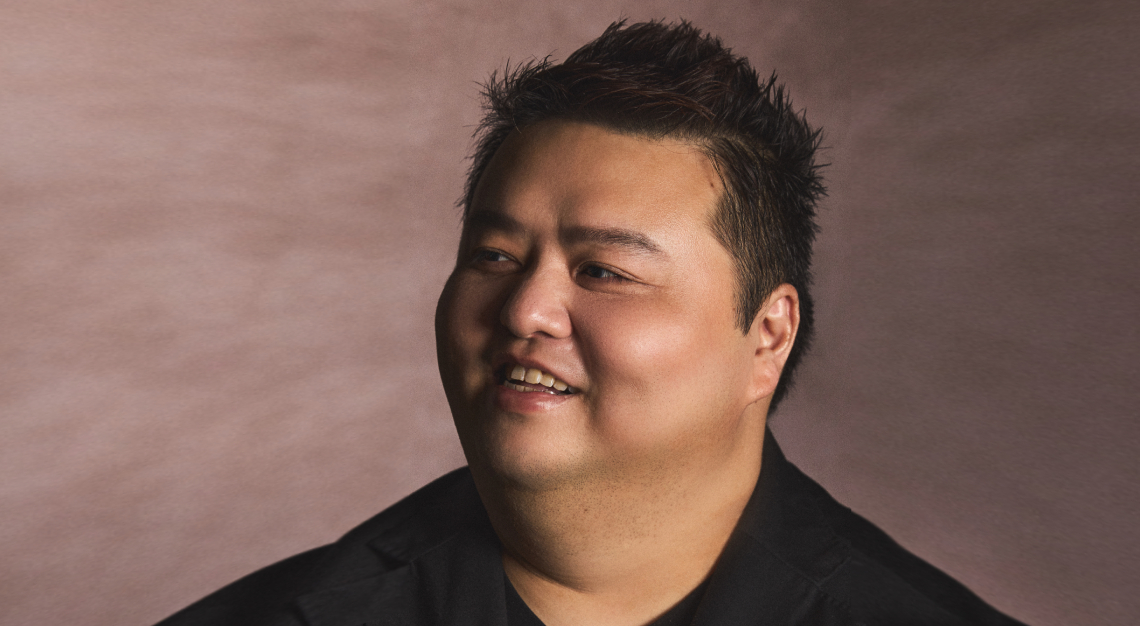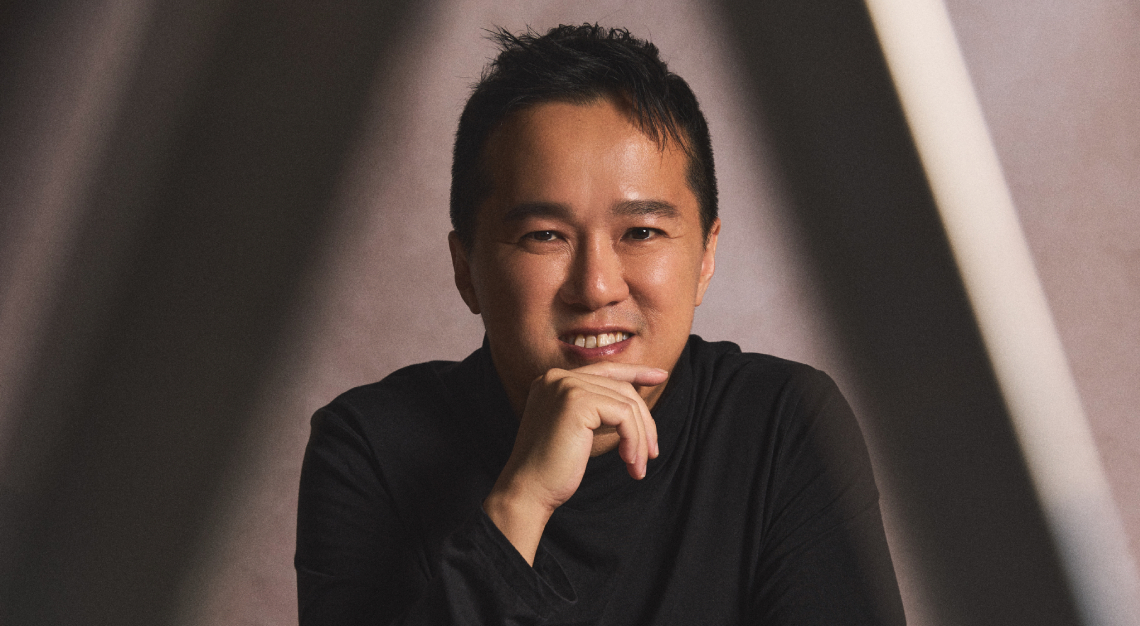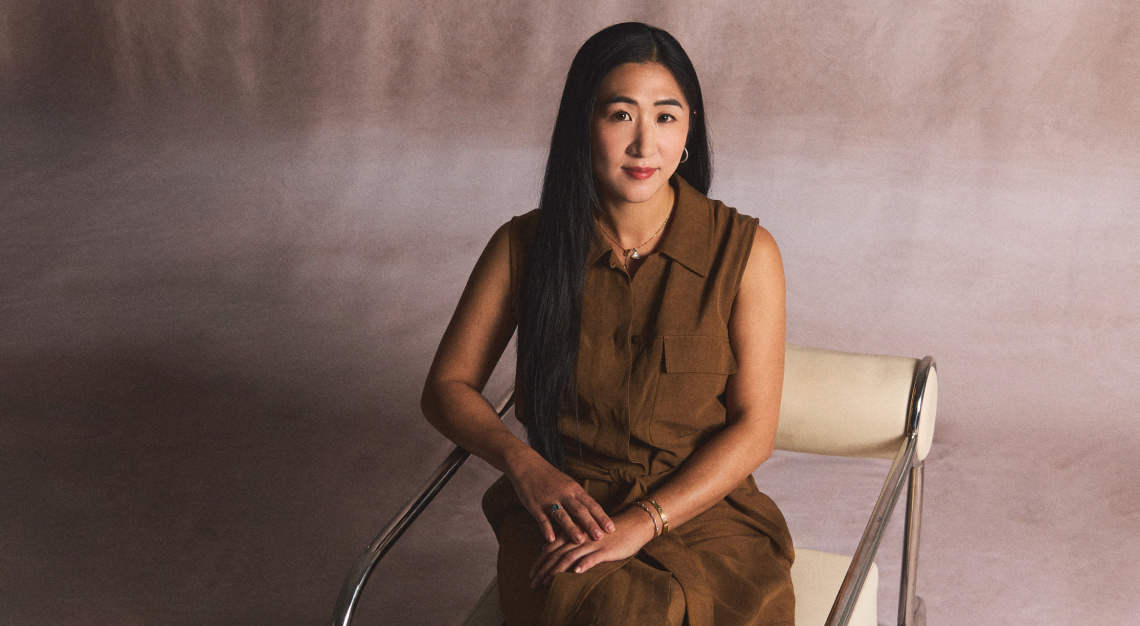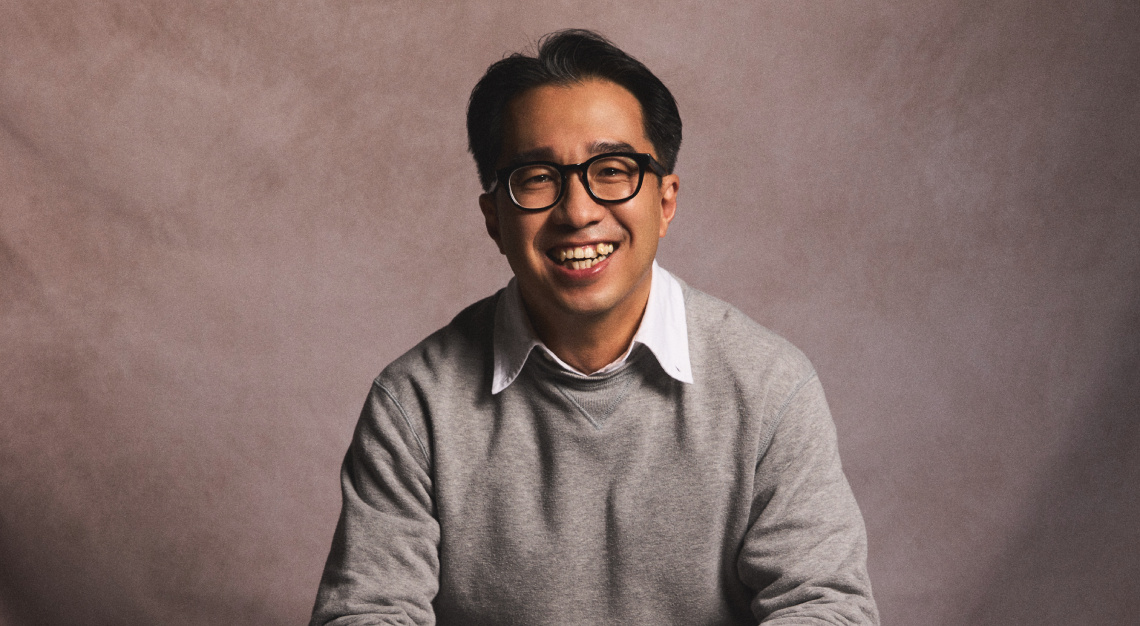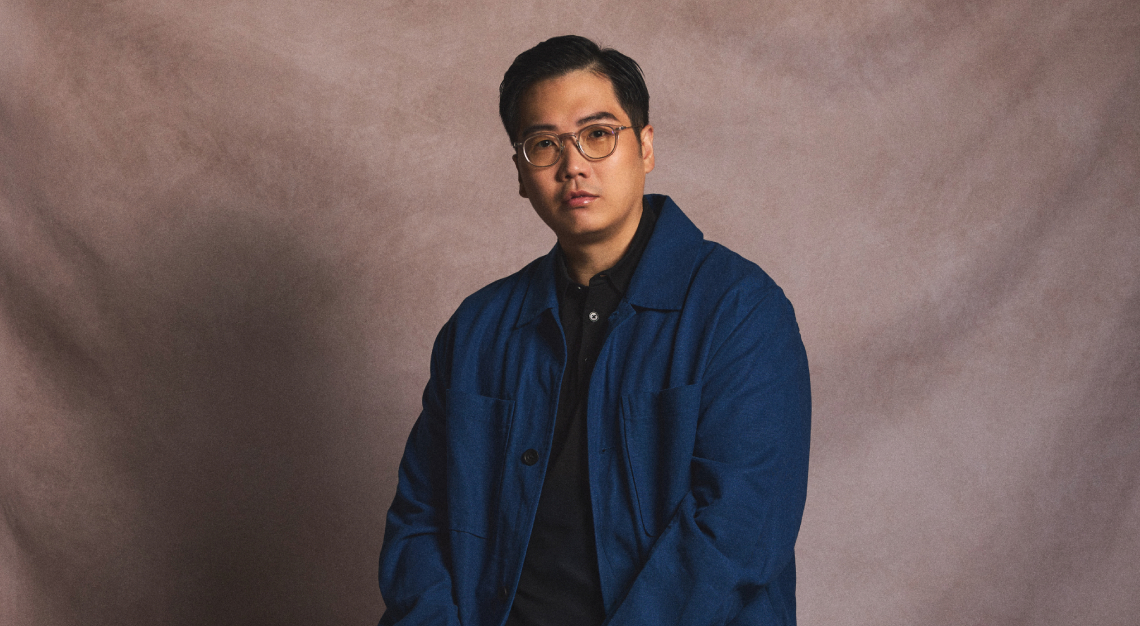“Discipline is the key to success in cuisine.” – Jason Tan
Culinary connoisseurs know Jason Tan for his pioneering Gastro-Botanica cuisine, where botanical ingredients such as vegetables, tubers, herbs, spices, and fruits take centre stage. More than mere accents, they serve as the primary sources of flavour and complexity, forming the foundation of Tan’s signature sauces that bring a sense of bliss to every dish. His innovative approach to plant-based fine dining has earned international acclaim, securing a place in Asia’s 50 Best Restaurants list for 10 consecutive years, including 2025. He is also the first and only Singaporean chef to earn four consecutive Michelin stars at Restaurant Euphoria. It was therefore a surprise when Tan chose to pivot his career towards consultancy.
Tan is remembered for meticulous preparation and artistic presentation, elevating botanical ingredients into culinary art. “In 2016, I received the greatest award of my career— being ranked in Asia’s 50 Best Restaurants with Corner House, despite it having been open for less than two years. I was also the first Singaporean to be listed among such an esteemed group,” he reflects.
He credits much of his success to the guidance of his mentor, Julien Bompard of Le Saint Julien in Singapore. “His best advice to me was, ‘Tough times don’t last, but tough men do.’ Today, I see it as my duty to mentor the next generation of chefs and prepare them for future greatness,” says Tan. Among his most enduring legacies is the celebrated Cévennes onion, a savoury creation made with onions from France that are prepared in four ways, and first showcased at Corner House before becoming a signature dish at Restaurant Euphoria.
What has been your greatest professional risk?
At 24, I decided to pack up and move to Macau to work at the legendary Joël Robuchon restaurant. From a culinary perspective, I learnt many new techniques and handled a variety of unique ingredients. Most importantly, I discovered that discipline is the key to success in cuisine.
What do you believe will shape the future of food?
The trend of authentic, honest, and tasty cooking is making a comeback. I believe diners are returning to the basics. They are seeking delicious and straightforward food that delights tired palettes.
Looking back, what’s one belief you once held that has changed with time?
My approach to kitchen discipline has always been quite strict and regimented, but my mindset has significantly shifted in recent years. I now believe that the younger generation needs to be educated differently—tailored to each individual. It’s become much more personal.
How do you balance ambition with well-being?
I am fortunate to be able to balance ambition with well-being fairly easily as my job requires a lot of travel. I try my best to stay extra days to dine, explore markets, and turn my work into something I enjoy, like a hobby.
What’s a lesson you learnt the hard way, but are now grateful for?
In my younger days as a junior chef, I used to believe I could do everything myself, which eventually led to slight burnout. I’m grateful that I realised this early in my career as it helped me become a better leader when I became a head chef. I learnt to trust my team and guide everyone in the right direction.
What belief did you hold early in your career that you’ve since outgrown?
I used to believe that the kitchen was life and that I should dedicate all my time to it. I’ve since outgrown that mindset and learnt that work-life balance enables me to be more creative and efficient at work.
What do you hope people say about you when you’re not in the room?
They’d speak about my cuisine and my signature onion dish.
Photography by Eugene Lee of Enfinite / Hair & Makeup by Sophia Soh of Suburbs Studio
